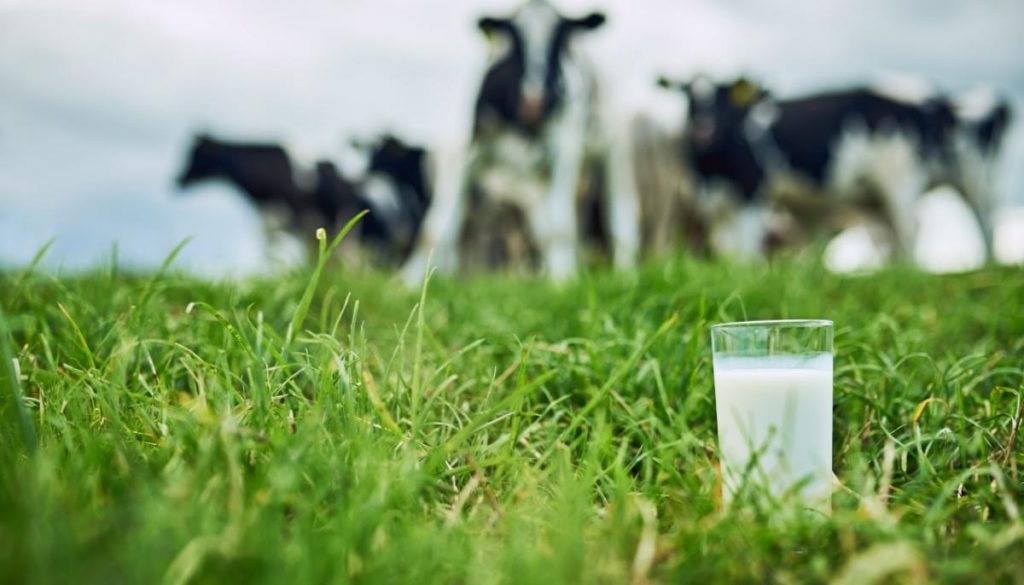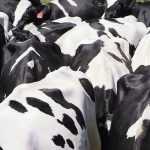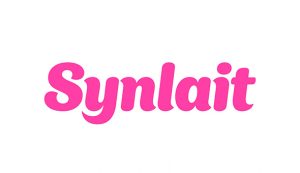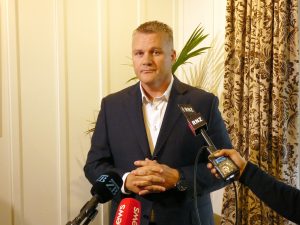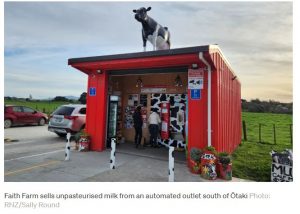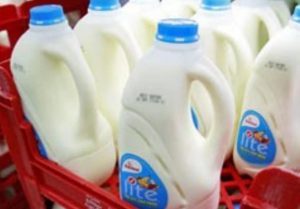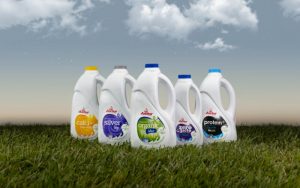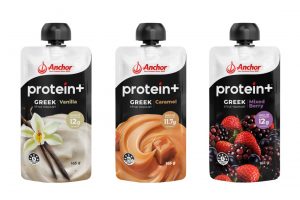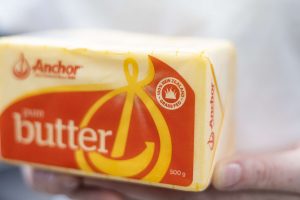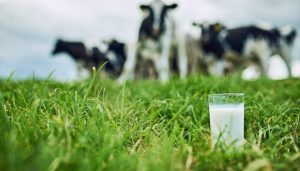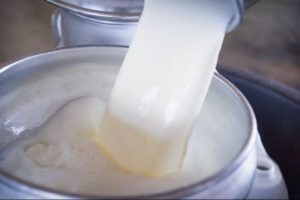
The company predicts the move will lead to 10 million litres of milk consumed by Kiwis in 2021 being carbon-free.
The certification comes following work with AgResearch as well as independent certifier Toitū Envirocare, and will apply to the specialty milk brands Anchor Organic, Anchor Protein+, Anchor Zero Lacto, Anchor Silver Top, and Anchor Calci+.
AgResearch measured the carbon footprint for the range of milk, including all greenhouse gas emissions across the products’ full lifecycle. These measurements were then verified by Toitū Envirocare.
In order to offset the emissions produced by the products, Anchor will buy carbon offsets from three Toitū-approved projects – an initiative supporting native forest regeneration in Kaikoura, a windfarm in New Caledonia and a solar energy installation in India.
The announcement follows a plant-based milk bottle launched by Anchor last month. The bottles are made of sugarcane and are 100 percent kerbside recyclable.
The move towards sustainability comes as Anchor’s parent company Fonterra aims to reduce its manufacturing emissions by 30 percent by 2030 and be net zero by 2050.
“We are serious about putting sustainability at the heart of our business, and we are extremely proud to share our latest environmental initiative with Kiwis,” says Lara Phillips, senior manager sustainability solutions at Fonterra.
“We are committed to continuing to reduce our emissions, and in the past four years, we have reduced greenhouse gas emissions by 4 percent at its fresh white milk sites. In addition, Fonterra has provided farmers with farm-specific greenhouse gas emission profiles, is working alongside farmers to develop farm environmental plans, and we have an innovation pipeline to find solutions to reduce on-farm emissions further.”
Becky Lloyd, chief executive of Toitū Envirocare, said any business companies had to work hard to earn Toitū certification.
“All members must meet our science-based and accredited measurement and reduction requirements to earn Toitū certification, and only then purchase required offsets,” said Lloyd.
“We have worked alongside Fonterra helping them understand their emissions, and then putting a programme in place that measures, manages, and mitigates those emissions.
“We understand the impact from grass to glass, and this will help Anchor make further reductions in future.”
